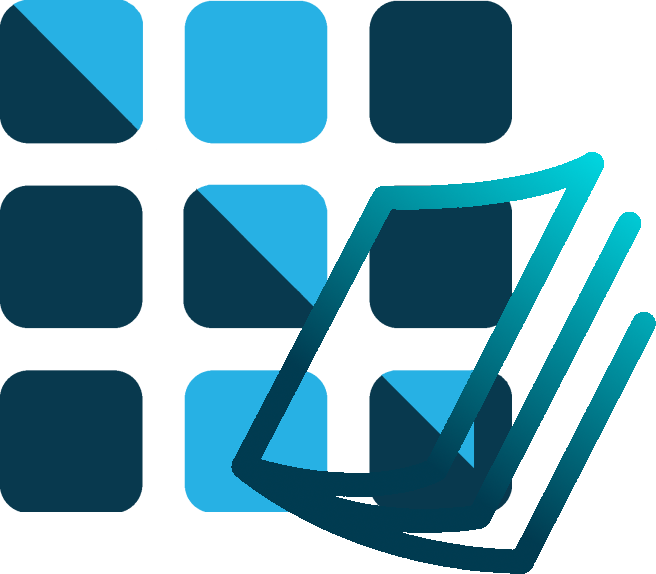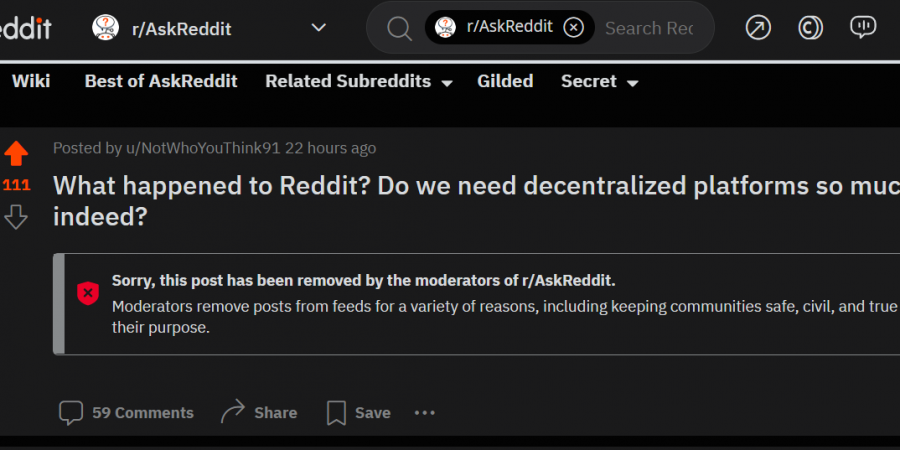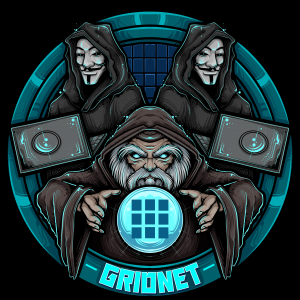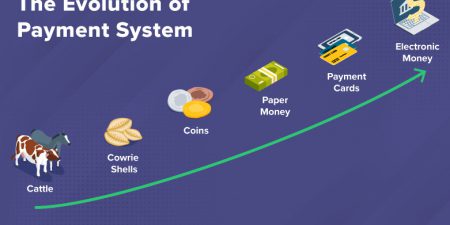Centralized social platforms have become an integral part of our daily lives, with billions of people relying on them for social interaction, information sharing, and entertainment. Two of the most popular centralized social platforms are Twitter and Reddit, which have been at the center of controversies involving censorship, bias, and the influence of powerful individuals.
Business Models of Centralized Social Media Platforms
Centralized social media platforms, such as Twitter, Reddit, and Facebook, operate under a business model where they provide a platform for users to create and share content, while generating revenue through advertising, data monetization, and other sources.
Twitter is a microblogging platform that allows users to post short messages, known as tweets. The platform generates revenue primarily through advertising. Twitter’s advertising model includes promoted tweets, promoted accounts, and promoted trends, where advertisers pay to have their tweets, accounts, or hashtags displayed to targeted users. Additionally, Twitter sells access to its data to third-party companies, which use the data to inform marketing and advertising strategies. This can be looked into further by reading through portions of their EULA.
Reddit is a platform that enables users to post and share content in various categories known as subreddits. Reddit generates revenue through advertising, primarily through sponsored posts and display ads. It also offers a premium membership called Reddit Premium, which provides users with additional features such as access to exclusive subreddits, the ability to turn off ads, and other perks.
Facebook is a social networking platform that allows users to connect with friends, family, and other users, and share content such as text, photos, and videos. Facebook’s primary revenue source is advertising, which accounts for the majority of the company’s revenue. Facebook offers advertisers the ability to target specific user demographics and interests, and it also sells access to its data to third-party companies. One may read upon this over here. Facebook also generates revenue through its virtual currency, Facebook Credits, which users can use to purchase digital goods and services within the platform.
Business model of a centralized social media platforms thus often involves providing a platform for users to create and share content, while generating revenue through advertising, data monetization, and other sources. The last usually means selling user’s privacy. The platforms offer advertisers the ability to target specific user demographics and interests, and they sell access to their data to third-party companies. Additionally, some platforms offer premium memberships or virtual currency options as additional sources of revenue.
Theoretical Downsides of Centralized Social Media
While centralized social media platforms such as Twitter, Reddit, and Facebook have revolutionized the way we communicate and share information, their centralized nature also presents several dark sides and potential dangers. Here are some examples, with the aforementioned leading privacy concern at the very forefront:
- Lack of privacy: Centralized social media platforms require users to share personal information to create an account, and this information is often collected and stored by the platform. The platform can use this data to personalize ads and content, but it can also be accessed by third-party companies or government agencies, which can lead to privacy violations.
- Spread of misinformation: The decentralized nature of social media allows for the rapid spread of information, including fake news, conspiracy theories, and propaganda. Social media platforms have been criticized for not doing enough to combat the spread of misinformation, leading to real-world consequences such as election interference and public health crises.
- Echo chambers and polarization: Centralized social media platforms often use algorithms to personalize content for each user based on their interests and behaviors. While this can make the user experience more enjoyable, it can also create echo chambers and reinforce existing biases, leading to increased polarization and division.
- Online harassment and bullying: The anonymity and accessibility of social media can make it a breeding ground for online harassment and bullying. Centralized social media platforms have been criticized for not doing enough to combat this issue and protect users from harm.
- Addiction and mental health: The constant notifications and engagement features of social media can lead to addiction and negatively impact mental health. Centralized social media platforms have been accused of intentionally designing their platforms to be addictive and keeping users engaged for as long as possible.
Thus, the centralized nature of social media platforms presents several potential dangers, including lack of privacy, the spread of misinformation, echo chambers and polarization, online harassment and bullying, addiction, and negative impacts on mental health. While social media has many benefits, it is important for users to be aware of these dangers and for platforms to take steps to address them. Every now and then, users centralized social media platforms – they get to bite the bullet..
Biting The Bullet
The centralized nature of social media platforms, due to high availability of services and the history of posts and conversations being stored for long seemingly indefnite periods of time – can create a sense of attachment and association between users and their accounts. Users often invest time and effort into creating and curating content, building a following, and engaging with other users. As a result, users may feel a sense of ownership over their accounts and the content they post, and may identify strongly with their online persona.
However, the centralized nature of social media platforms means that the platform administrators have ultimate control over user accounts and content. This means that administrators can suspend or ban accounts at their sole discretion, without giving a clear explanation or justification. This can be a frustrating and jarring experience for users who have invested time and effort into their accounts, and may feel like they are being unfairly targeted or silenced.
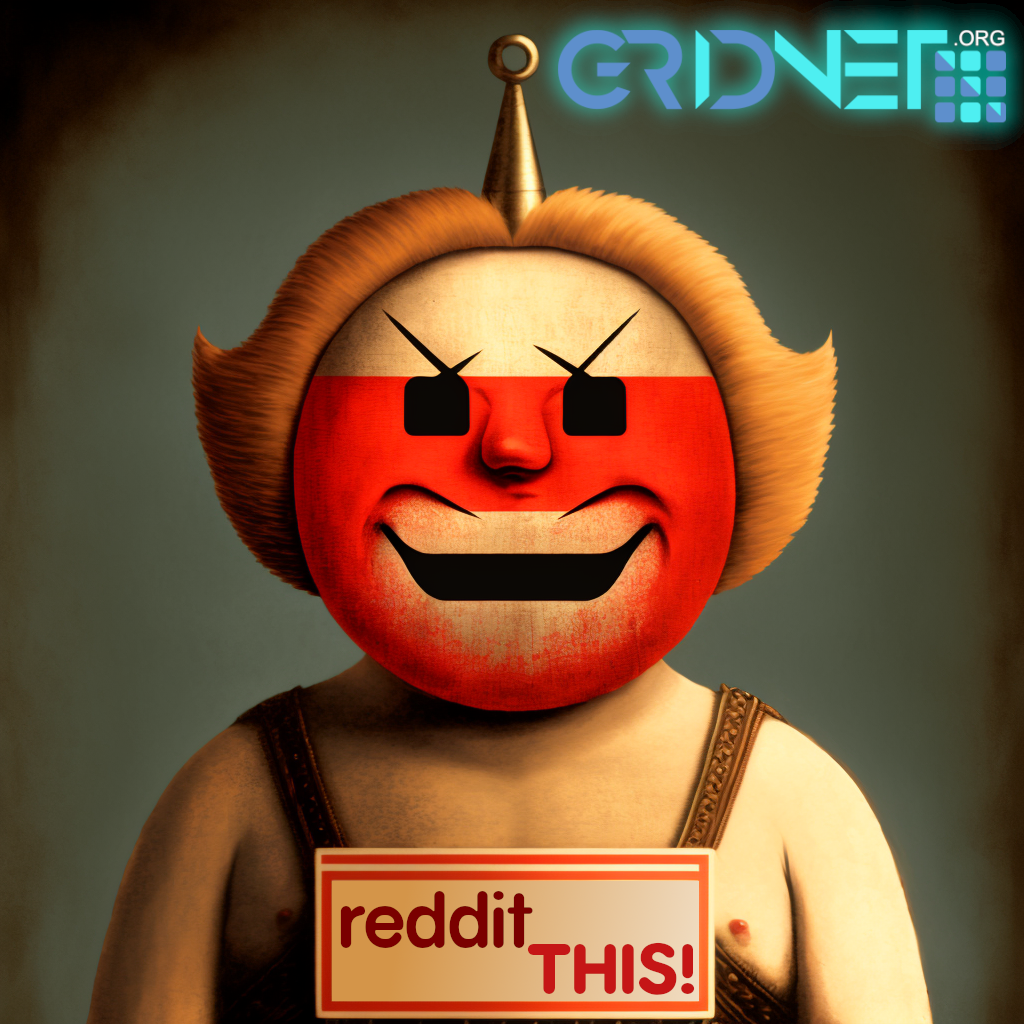
The dark nature of Reddit administrators.
For example, a user may have their account suspended for violating the platform’s terms of service, which can include things like hate speech, harassment, or spamming. However, the interpretation and enforcement of these rules can be subjective, leading to inconsistencies and perceived unfairness. Additionally, some users may have their accounts suspended without clear justification, leading to confusion and frustration.

Reddit admin here he comes.
The suspension or ban of a user’s account can have significant impacts on their online identity and social connections. For example, a user may lose access to their followers, content, and connections, which can be difficult to rebuild. Additionally, the suspension or ban may be seen as a form of censorship or silencing, leading to feelings of injustice or persecution.
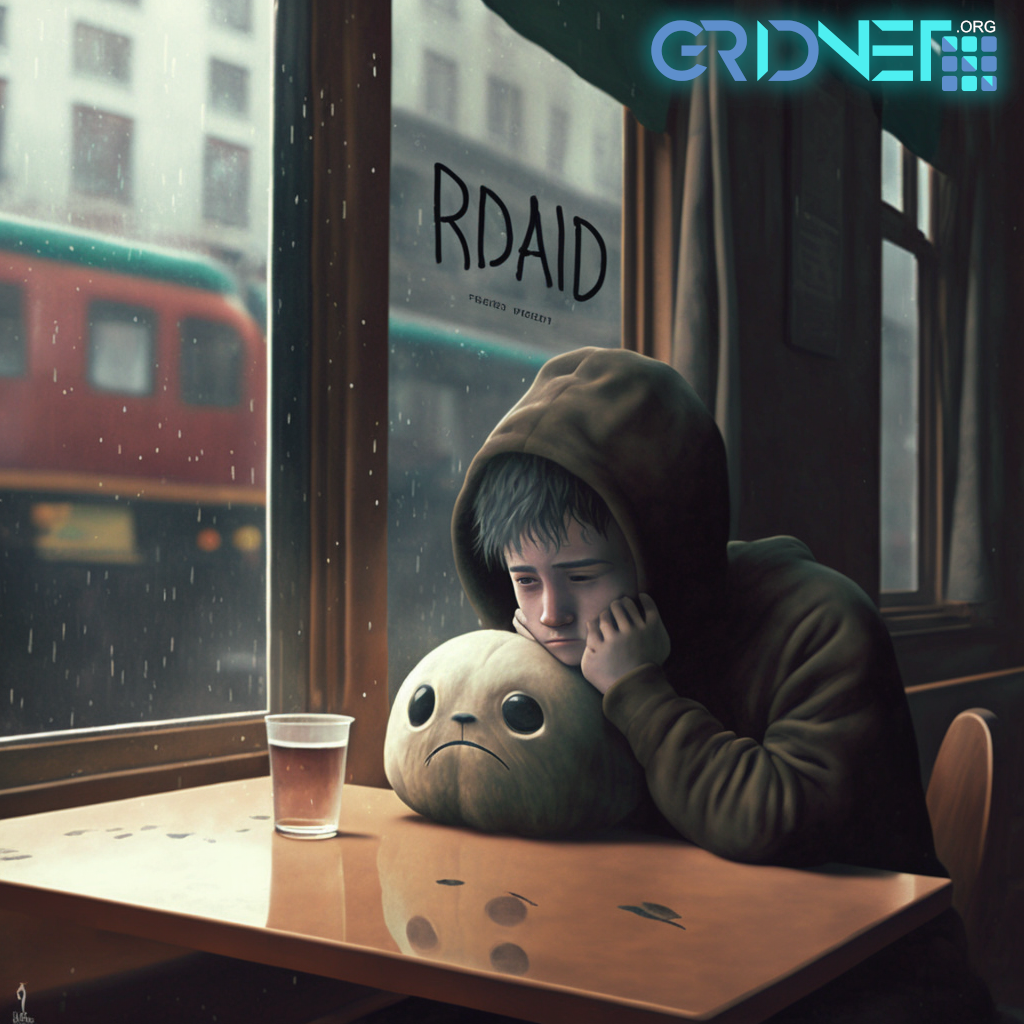
When it’s not your turn to Reddit..
The centralized nature of social media platforms can create a sense of attachment and association between users and their accounts, which can be disrupted by the suspension or ban of an account by platform administrators. While the platform administrators have the right to enforce their terms of service, the subjective interpretation and inconsistent enforcement of these rules can lead to frustration and perceived unfairness for users. Could things be improved? Could we have both secure, also ‘safe’ in terms of shared content media platforms which would not be prone to interests if influential entities?
What the future holds
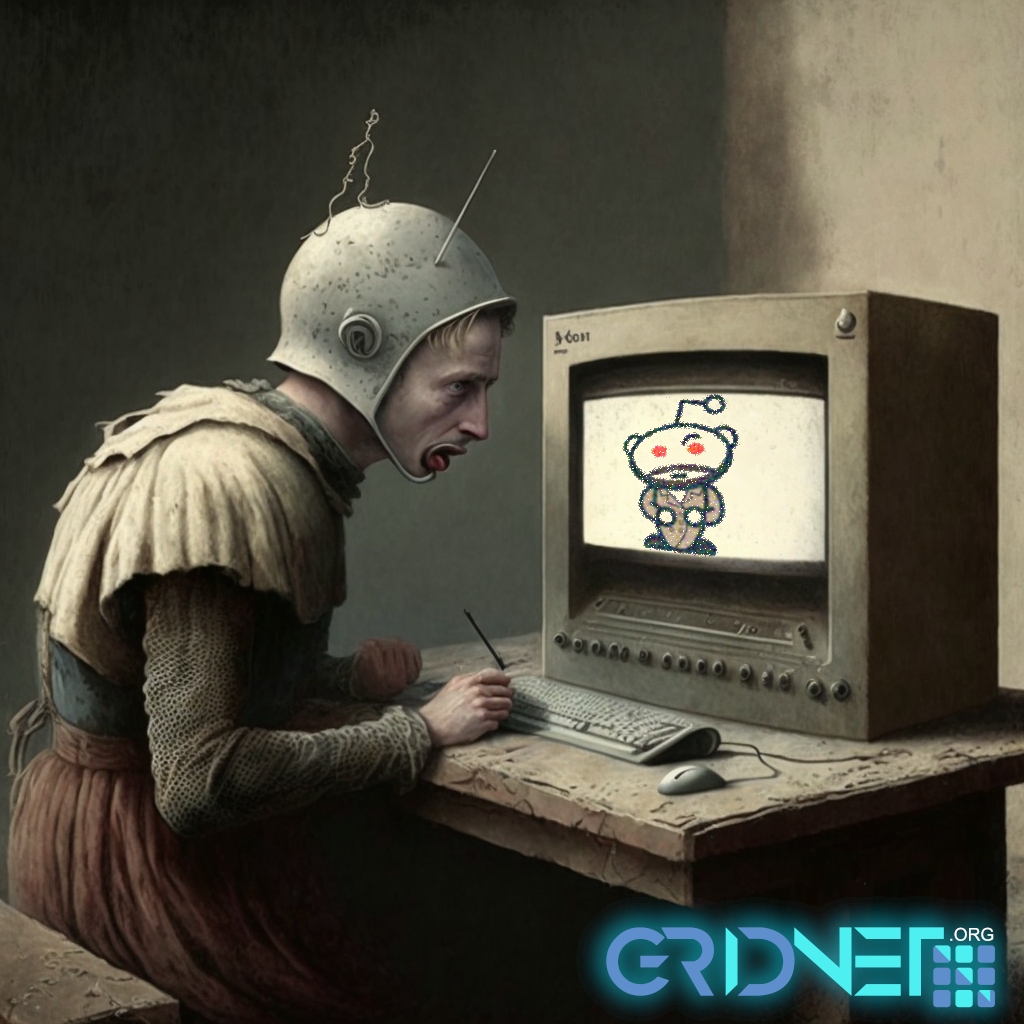
Luckily, things tend to improve over time. Surely we tend to learn from our mistakes..
Decentralized social platforms moderated through decentralized voting have the potential to address many of the issues associated with centralized social media platforms. Let us now look through of some of the key ways that decentralized social platforms moderated through decentralized voting could differ from centralized social media platforms:
- Decentralized moderation: Decentralized social platforms would not rely on a centralized authority to moderate content and enforce rules. Instead, the moderation would be distributed across the network, with users having the ability to vote on content and report violations. This would make moderation more transparent and democratic, and reduce the potential for bias or abuse by a centralized authority. That could effectively mitigate our concerns of having our long-term accounts banned at a sole Reddit Admin’s discretion while he drinks his can of soda.
- Increased privacy: Decentralized social platforms could be designed to prioritize privacy and user control over personal data. For example, users could store their data on their own devices or on decentralized networks, reducing the ability of third-party companies or government agencies to access user data.
- Reduced misinformation: Decentralized social platforms could be designed to prioritize accuracy and truth, with users voting on the accuracy of content and moderators having the ability to flag and remove content that is deemed false or misleading.
- Reduced polarization: Decentralized social platforms could be designed to prioritize diverse perspectives and reduce the risk of echo chambers. For example, moderators could promote content that represents a range of views and perspectives, and algorithms could be designed to prioritize content that is diverse and representative of a range of opinions.
- Improved user ownership and control: Decentralized social platforms could be designed to prioritize user ownership and control over their accounts and content. For example, users could have the ability to take their data and content with them if they leave the platform, and could have more control over the visibility and distribution of their content.
In summary, decentralized social platforms moderated through decentralized voting have the potential to address many of the issues associated with centralized social media platforms, including moderation bias, lack of privacy, spread of misinformation, polarization, and lack of user ownership and control. While there are challenges associated with building and maintaining decentralized social platforms, they offer an exciting vision for a more democratic and user-centric approach to social media.
When The Old Meets the New
Usenet was an early internet communication system, originally developed in the late 1970s. It was a decentralized system that allowed users to exchange messages and files across a distributed network of servers. Usenet was popular in the 1980s and 1990s, but eventually lost popularity as other communication systems like email, web forums, and social media emerged.
The decline of Usenet was due to a number of factors, including the rise of web-based communication systems, the difficulty of moderating Usenet’s decentralized and unregulated content, and the spread of spam and malicious content.
Overall, the decentralized and incentivized approach to social media platforms inspired by Usenet has the potential to create a more democratic and community-driven approach to social media. However, there are still challenges to be addressed, including the potential for abuse and manipulation, the difficulty of balancing free speech and content moderation, and the need for scalability and user adoption.
In recent months we’ve been working heavily on an extension to the decentralized ⋮⋮⋮ File System, catered specifically to accommodate next-generation social platforms.. Imagine a acyclic directed graph-based file system (just like the one of Linux or Windows), equipped with full-blown Access Control Lists, containing Access Control Entries, describing permissions at most miniscule levels.. made decentralized!
But that is not everything. Imagine the file system has Access Control Entries that can be modified through decentralized voting! That is what the recent extension is all about!

The future awaits!
Now, imagine that each and every post on Reddit corresponds to a file on such a decentralized file system. Each and every sub-reddit corresponds to a directory. ‘Owners’ of such subreddits would be able to decide upon voting-thresholds required for having particular threads, posts or responses removed. Or they may decide to leave administration of a given realm to themselves effectively resulting in a centralized in terms of control subreddit, but with decentralized hosting so one may at least rest assured that his privacy is not being traded for. Also, the voting thresholds of a given forum and management rules would be always publicly known.
Decentralized and crypto incentivized Usenet – that’s what we all seem to need. Now imagine it empowered with the ⋮⋮⋮ Swarms technology we’ve been working on recently… real-time LIVE end-to-end encrypted group audio / video conversations.. with our unique Zero Knowledge Group authorization algorithm which is to make part of our upcoming research paper.
Recent Events

Reddit admin: “no you can’t”.
Reddit is a social platform that allows users to share content and engage in discussions on various topics. The platform has been praised for its user-generated content and vibrant communities, but it has also been criticized for its censorship-oriented behavior. All over the years, Reddit was accused of shadow banning users who were promoting innovative technology and art. This practice involved hiding the content of specific users from the site without notifying them, effectively censoring their voices and preventing them from reaching a wider audience.
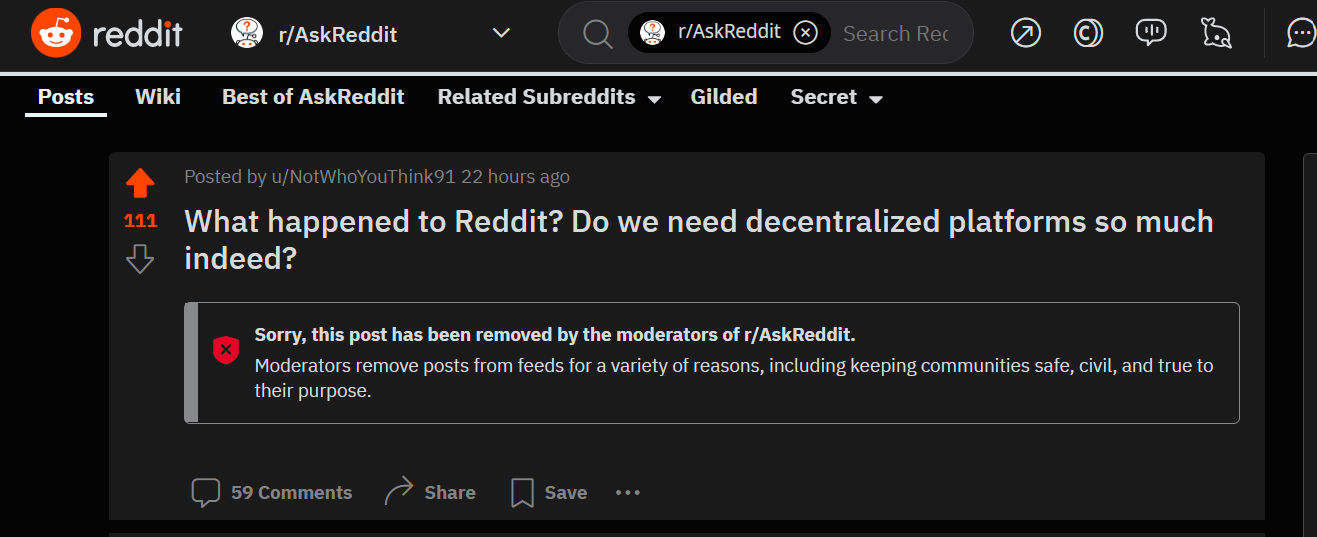
What happened to you Reddit..
One may read in detail what happened to a user who shared information regarding GRIDNET OS over at GRIDNET Talk.
The controversy surrounding Reddit’s censorship practices raised questions about the platform’s commitment to free speech and user autonomy. The platform’s administrators defended their actions, stating that they were trying to prevent spam and promote high-quality content. However, many users saw this as a violation of their rights and an example of the platform’s bias towards certain types of content.
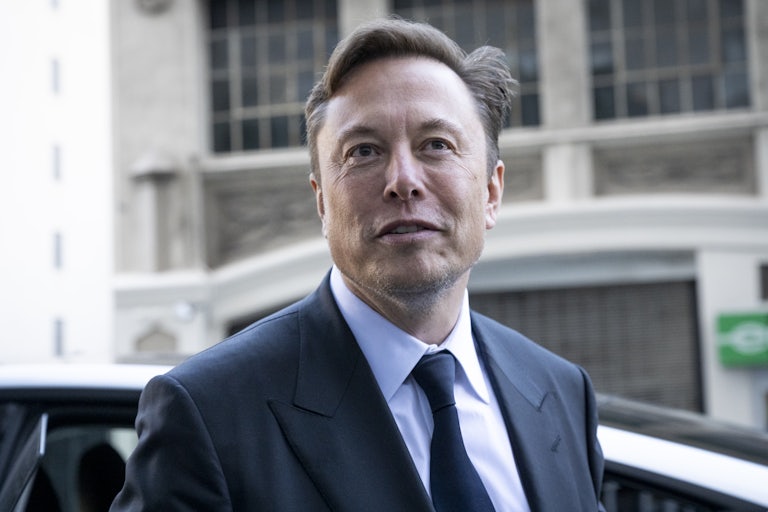
Twitter, on the other hand, has been in the news recently due to its acquisition by Elon Musk. Musk is a powerful individual who has been known for his controversial tweets and his influence on the cryptocurrency market. His acquisition of Twitter has raised concerns about the platform’s future and the potential for his influence to shape its policies and practices.
One of the Musk’s first moves after acquiring Twitter was to replace its logo with a dogecoin logo, a popular cryptocurrency that he has been known to promote be it for the fun of it or profit. This move was seen as a reflection of Musk’s personal interests and a potential sign of things to come for the platform, which could be difficult to foresee. Additionally, Musk has recently blocked all links to the popular publishing platform Substack, which has been gaining traction recently. This raised concerns about his influence on the flow of information on Twitter.

Popularity assured by code..
Furthermore, portions of Twitter’s source code that were released on Musk’s sole consent were discovered to have promoted his posts. This discovery has led to accusations of bias and favoritism, further fueling concerns about the platform’s ability to remain neutral and transparent. At least now with the leaked portions of code we got some transparency indeed!
These controversies highlight the limitations and risks associated with centralized social platforms. While they have revolutionized the way we connect and communicate with one another, they also rely on centralized control and business models that prioritize profit over user privacy and autonomy. This has led to concerns about censorship, bias, and the influence of powerful individuals who have the ability to shape the conversation and control the flow of information.
Decentralized social platforms could offer an alternative to centralized platforms by utilizing blockchain technology and other decentralized protocols to provide greater user autonomy and privacy. These platforms would allow users to interact with one another without relying on a central authority or business model, giving them greater control over their data and content.
One of the key potential advantages of decentralized platforms is that they could promote freedom of speech and access to information while elevating decentralized voting for content management . Users of decentralized platforms would not need to worry about having their long-term accounts banned for speaking their minds, as the platform would be governed by decentralized protocols that prioritize free expression and transparency. Additionally, decentralized platforms do not promote or encourage illegal activities, as they rely on community-driven governance models that encourage responsible behavior.
Decentralized platforms also have the potential to employ decentralized voting mechanisms that allow the community to assess whether particular content should remain on the platform. This would give users greater control over the content that they see and promote greater transparency and accountability within the platform.
The emergence of decentralized technology and cryptocurrency has creates new opportunities for innovation and the creation of well-performing platforms that do not rely on business models designed to sell users’ privacy in order to provide free services. Facebook and Twitter were conceived in a time when decentralized technology and cryptocurrency were not widely available.
Decentralized social platforms have a chance to become increasingly relevant in the current digital landscape where centralized platforms have been known to exhibit bias, censorship, and limitations on user autonomy. The emergence of decentralized technology, such as blockchain, has provided new opportunities for innovation in the social media space, and has the potential to promote greater freedom and access to information.
One of the key benefits of decentralized social platforms is that they provide greater user autonomy and privacy. Users do not need to rely on a central authority or business model to govern the platform, which means that they have greater control over their data and content. Users of decentralized platforms would not need to worry about having their long-term accounts suspended for speaking their minds, as the platform would be governed by decentralized protocols that prioritize free expression and transparency.
Decentralization does not promote or encourage illegal activities, as decentralized platforms are built on community-driven governance models that encourage responsible behavior. Decentralized platforms could also employ decentralized voting mechanisms to allow the community to assess whether particular content should remain on the platform. This would give users greater control over the content that they see and promote greater transparency and accountability within the platform.
Moreover, decentralized technology has the potential to promote greater access to information. Decentralized platforms do not rely on a central authority or business model to control the flow of information, which means that users have greater access to a wider range of content and perspectives. This can lead to greater social awareness and a more informed society.
The emergence of decentralized technology and cryptocurrency has also created new opportunities for innovation in the social media space. Facebook and Twitter were conceived in a time when decentralized technology and cryptocurrency were not widely available. However, now we have the ability to create innovative and well-performing platforms that do not rely on business models designed to sell users’ privacy in order to provide free services.
Decentralized social platforms have the potential to disrupt the current centralized social media landscape and provide a more democratic and user-centric experience. They offer greater user autonomy and privacy, and promote freedom of speech and access to information. They also have the potential to encourage greater social awareness and informed decision-making.
In conclusion, we have never needed decentralized social platforms and media as much as we do now. The current centralized platforms have exhibited bias and limitations on user autonomy, which have raised concerns about their commitment to free speech and transparency. Decentralized technology has the potential to promote greater freedom and access to information, and to provide innovative and well-performing platforms that prioritize user privacy and autonomy. Decentralized social platforms have the potential to create a more democratic and user-centric experience that encourages responsible behavior and greater social awareness.
Further Reading
- “The Social Dilemma” – This documentary on Netflix explores the negative impact of centralized social media on society, including issues such as addiction, polarization, and the spread of misinformation.
- “The Attention Merchants: The Epic Scramble to Get Inside Our Heads” by Tim Wu – This book provides a detailed history of the attention economy, and how centralized social media platforms have capitalized on our attention to drive engagement and profit.
- “The Future of Social Media: Decentralized, Private, and Secure” by Nathaniel Whittemore – This article from Forbes explores the potential benefits of decentralized social media, including increased privacy and control for users.
- “Decentralized Social Networks vs. Centralized Social Networks: A Comprehensive Comparison” by Brendan Blumer – This article provides a detailed comparison of centralized and decentralized social media platforms, including their pros and cons.
- “The Power of Privacy: How Crypto Can Guard Your Data” by Alex Gladstein – This TED Talk explores the potential of blockchain technology to enable decentralized and more secure social media platforms that protect user data.
- “Why We Need to Move Beyond Facebook and Twitter” by Ethan Zuckerman – This TED Talk argues that centralized social media platforms have failed us, and that we need to explore alternative platforms that promote decentralization and civic engagement.
Stay tuned for more. Wizards🧙♂️🧙are on it.
